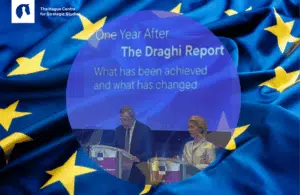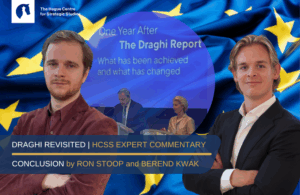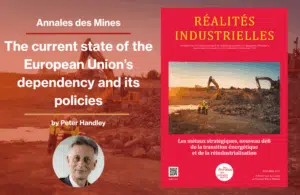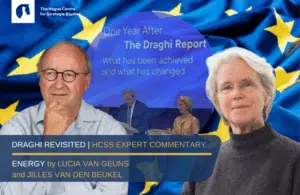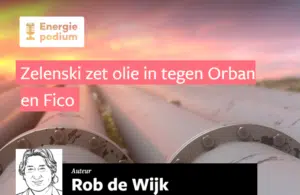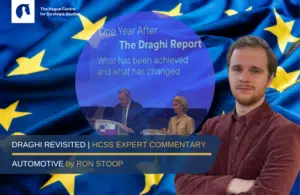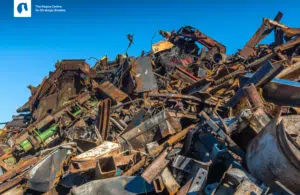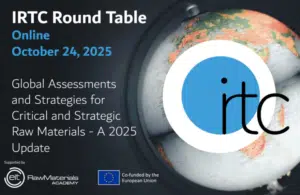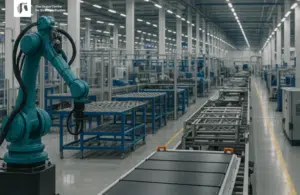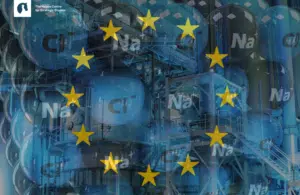New report | Assessing Europe’s Resilience and Preparedness in an Era of Strategic Risks
Europe’s resilience is still situational, not systemic, concludes a new joint HCSS and CSDS report. The report finds that Europe’s ability to withstand hybrid shocks remains uneven, with civil–military cooperation and military mobility emerging as critical vulnerabilities. The authors propose concrete EU–NATO and Dutch recommendations to strengthen energy, transport and digital resilience, and argue that true deterrence now depends on treating resilience as a core strategic capability.
European Military Fuel Readiness: The Role of Alternative Fuels in Military Logistics
What does the energy transition in the military look like? The use of alternative fuels in the military brings challenges and opportunities, but while fossil fuels are slowly phased out, advanced and sustainable biofuels as well as synthetic fuels – are introduced. This report analyses the energy transition for military fuel readiness across the air, land and maritime domains as of 2025. Relating fuel properties and infrastructure to the operational needs of the military and providing 5 takeaways.
New report | European Military Fuel Readiness: The Role of Alternative Fuels in Military Logistics
What does the energy transition in the military look like? The use of alternative fuels in the military brings challenges and opportunities, but while fossil fuels are slowly phased out, advanced and sustainable biofuels as well as synthetic fuels – are introduced. This report analyses the energy transition for military fuel readiness across the air, land and maritime domains as of 2025. Relating fuel properties and infrastructure to the operational needs of the military and providing 5 takeaways.



